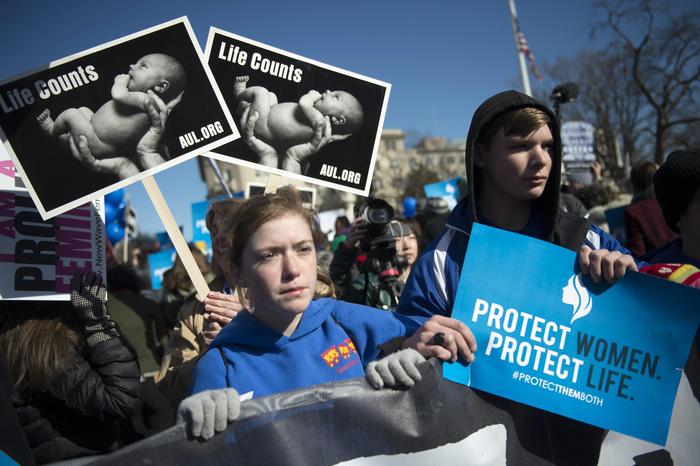In Montana, banning abortion is not an option. The State Supreme Court has struck down a series of restrictive laws passed in 2021, reaffirming that the state’s Constitution explicitly protects the right to terminate a pregnancy and the right to privacy. It’s a ruling bound to spark debate, not only for its legal implications but also for the political message it conveys in a nation deeply divided over the issue.
The decision comes nearly two years after the U.S. Supreme Court overturned Roe v. Wade, the landmark 1973 ruling that guaranteed federal abortion rights. However, Montana’s justices clarified that this federal reversal does not alter the protections provided by the state’s Constitution. The state will retain the right to abortion, now further reinforced by a 2024 referendum in which 58% of voters supported making it a constitutional right.
The rejected laws included a ban on abortion after 20 weeks of pregnancy, restrictions on the use of telemedicine to prescribe abortion pills, a requirement for providers to offer patients the option to view an ultrasound or hear the fetal heartbeat, and a 24-hour waiting period following informed consent.
All of these measures had been passed by the Republican majority and were immediately suspended thanks to a preliminary injunction issued by a lower court. While the legal battle continued, the people of Montana took matters into their own hands, amending the state’s Constitution to include explicit protection for abortion as an individual right.
In Monday’s ruling, the Supreme Court justices clarified that the state’s foundational charter includes the right “to be let alone” a phrase understood to encompass personal bodily autonomy. They also referenced a 1999 decision stating that the constitutional right to privacy includes a woman’s right to obtain an abortion before fetal viability, from the provider of her choice.
Despite the legal setback, Montana’s anti-abortion movement is not backing down. At the very moment the court was releasing its decision, the Montana Family Foundation filed a lawsuit challenging the validity of the 2024 ballot initiative. The organization argues that same-day registered voters were denied access to the full text of the measure, since the ballot included only a summary, while the full document was only available in the voter information pamphlet mailed in advance.
Meanwhile, the state legislature, still dominated by conservatives, passed a new set of bills in 2023 aimed at undermining constitutional protections. But the Montana Supreme Court’s ruling now appears to have drawn a clear line: as long as the state Constitution upholds the right to privacy, abortion will remain legally protected.












